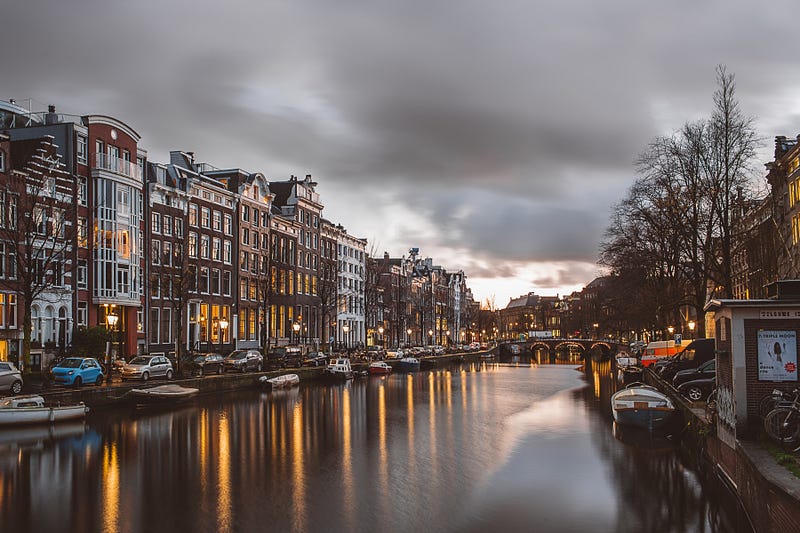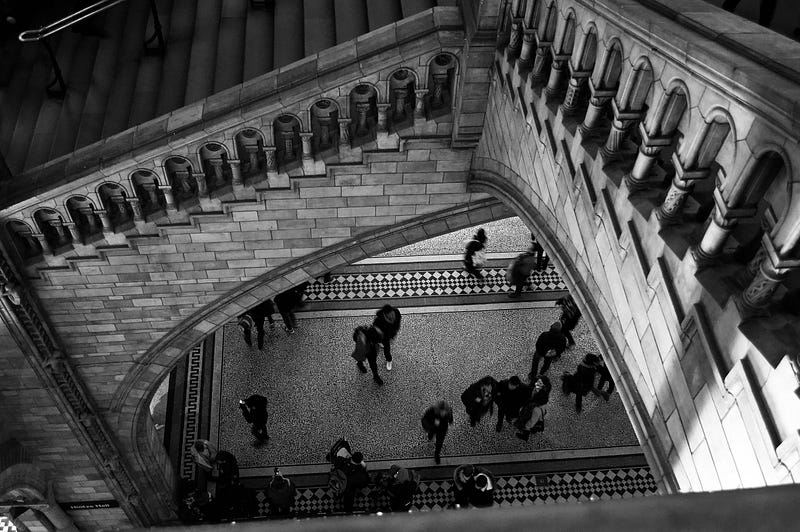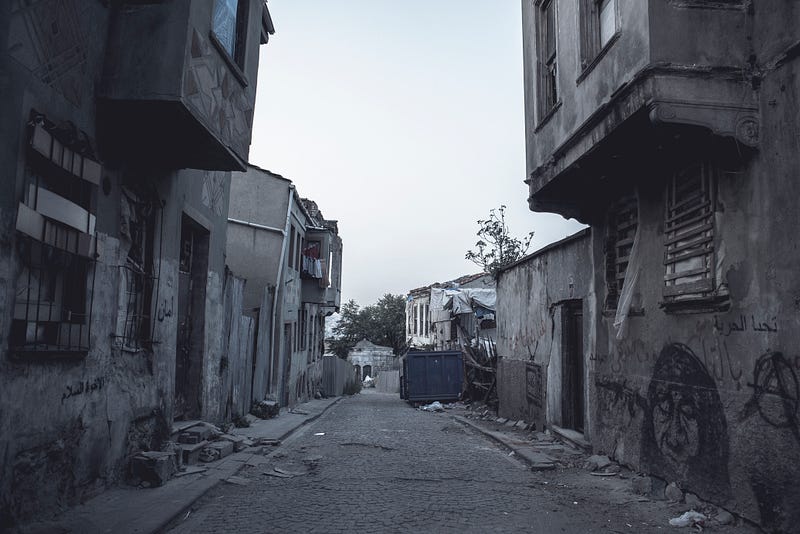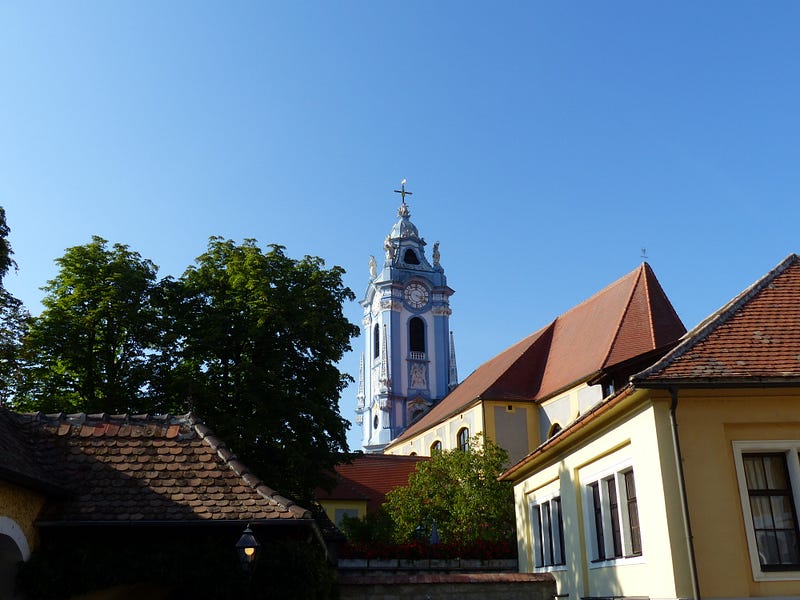A Discussion of Bourgeois Equality Chapter 35 “The Dutch Preached Bourgeois Virtue”
In the mood for some Dutch history? When are you not, am I right?
If you are anything like me, your historical knowledge of Dutch history is thin. So in this chapter, Dr. McCloskey is making note of various historical events that influenced the people of the Netherlands to first esteem bourgeois virtues.
It is not just that they were traders, although she notes the people in that area had been known for trading for centuries.
In the eighth century “Frisian” was a synonym for “trader” — and for “Dutchman,” too, since the languages nowadays called Frisian and Dutch had not yet diverged (and had only recently diverged from English), and Frisia, strictly speaking, was not confined as it is now to the northern Netherlands. The Jews, the “Italians,” and the Frisians were the international traders of the Carolingian Empire around 800. (p. 326)
I definitely feel like McCloskey thinks I know more about Dutch history than I do!
But I do follow her point that trading had been an essential part of history for the people who lived in the Netherlands area, who in English we also call the Dutch.
Trading does not make a society bourgeois, however. Trading has always existed across time and in various places, but what McCloskey is focusing on is how the trading society in this area came to be the first Europeans to really value the bourgeois virtues by the fifteenth century if not before. (p. 327)
Some of the essential facts I think she thinks that I know are that the area we know as the Netherlands today was the northern Low Countries and the area we know as Belgium and Luxembourg and parts of northern France was the southern Low Countries .
All of these areas found themselves under the rule of the Spanish Empire as the 1500s and 1600s passed due to various royal marriages and other political arrangements.
This leads to the Eighty Years’ War (1568–1648). For the northern Low Countries, more or less today’s Netherlands, the war was essentially over by 1585, but they were left in an aristocratic limbo while the war did continue on to the south.
McCloskey asserts this time period allowed the rise of the bourgeois.
In the absence of a king, the big merchants and bankers were essentially ruling the country as regents (regenten), but they were not aristocrats or gentry.
Like the earlier elites of the south in Venice or Genoa, they never disdained trade. They were not in their self image soldiers or courtiers. All that the regenten shared with a literal European aristocracy was riches and political power…The offices of the regents were not literally inherited. The regents were businesslike and numerate. They were not embarrassed by their bourgeois or even lower roots…(p. 328)
Freed to focus on business matters without needing to put on airs of the court or waste time fawning over your betters, they were well positioned to grow their wealth. But this brings up another concern, were the Dutch at risk of corruption by their riches?
The question is whether Holland was in fact made worse in spirit for being so very bourgeois. In the town-hating, trade-disdaining rhetoric of some Christianity and aristocracy, and nowadays of more or less all of the clerisy, Holland would be corrupted utterly by riches…(p. 329)
This earlier way of anti-bourgeois thinking was discussed in an earlier chapter tracing the change in attitudes of the people by following the change in the definition of “honest” from being a word applied to the high born to a word applied to trustworthy businesspeople.
To answer the question if the Dutch were corrupted by their growing riches, McCloskey cites first an art historian, Simon Schama, who noted their art instead showed a people concerned with stewardship of their wealth as opposed to being debased by it. They knew there were good ways and bad ways to grow rich. (p. 329)
Further, she cites Herman Pleij who studied Dutch literature who observed “middle-class values” in the writings that centered on “practicality and utilitarianism.” (p. 330) That is, McCloskey notes, he is describing the virtue of prudence.
Conclusion
If you have made it this far, I am impressed and appreciative. McCloskey has two more chapters on the Dutch and their embrace of the bourgeois virtues before she turns her attention to the next section focusing on the impact of reformation, revolt and reading.
Ultimately, she is demonstrating that the attitudes of the people is what makes the difference between a society that trades and a society that can embrace the system of trade tested betterment that will allow the Great Enrichment to flourish.
The already trade focused Dutch were able to first escape the medieval mindset because of their decades without a king and aristocracy gave them the room to virtuously develop wealth.
They will be followed soon after by the British as she has explored in previous chapters.
The key to see here is that a society has to esteem the bourgeois virtues first, which also foreshadows her eventual ultimate conclusion. If we return to disparaging these virtues, we will lose the gains of the Great Enrichment.
Reference: McCloskey, Deirdre Nansen, 2016. “The Dutch Preached Bourgeois Virtue,” Chapter 35 of Bourgeois Equality, The University of Chicago Press.




